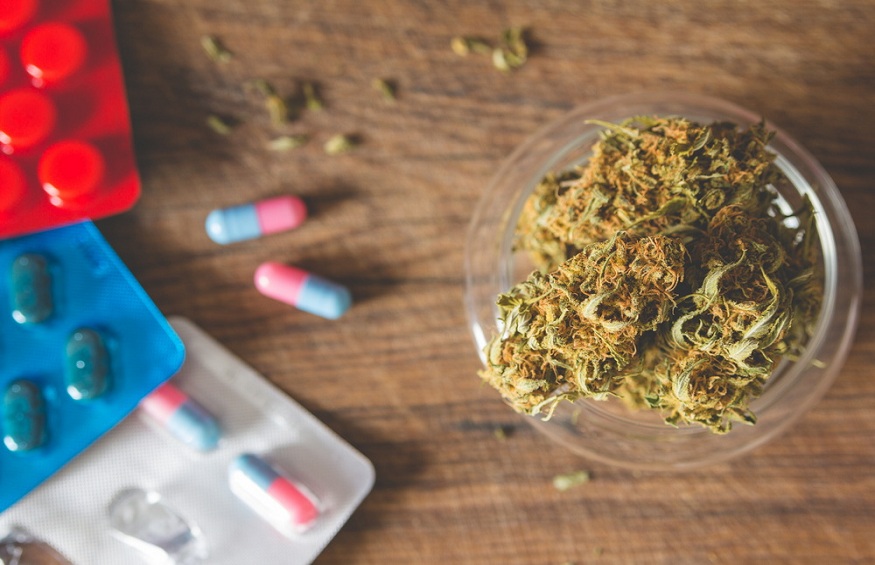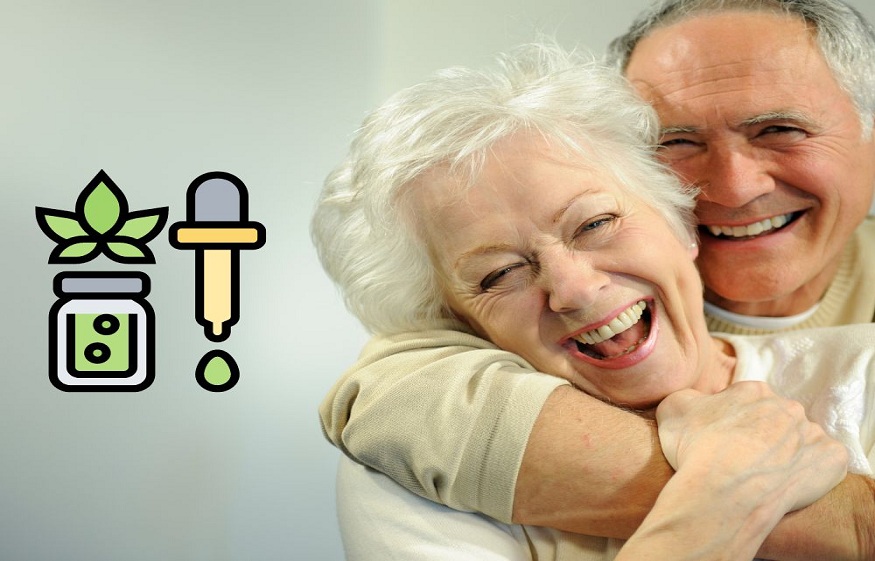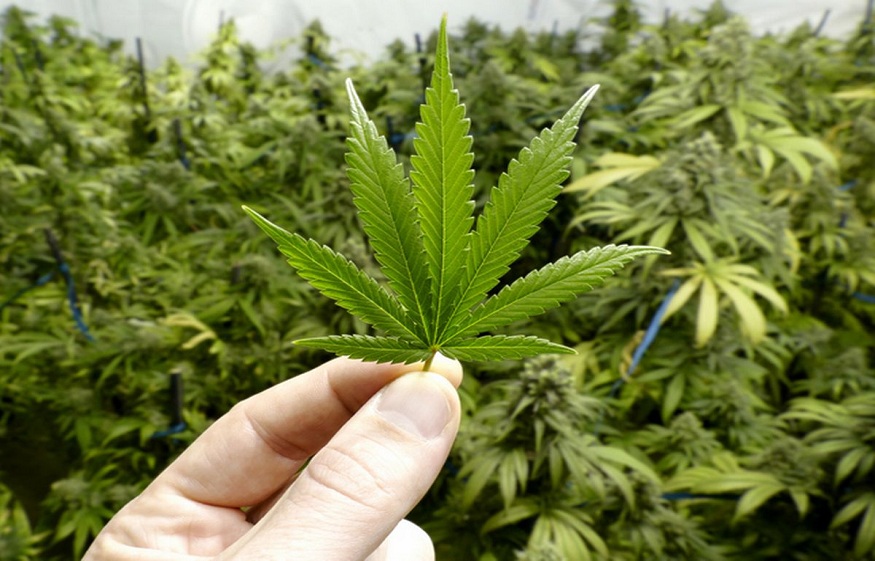Medical cannabis proponents are more than happy to discuss how cannabis helps patients suffering from certain health conditions. They are always ready to point out how some patients are able to completely stop using other types of prescription medications. But is this sort of thing the norm?
The results of a recently released study commissioned by The Cannigma seems to suggest as much. Its data shows that the majority of medical cannabis users “use cannabis as a substitute for prescription medications.” This seems to fit with what so many patients who have tried other treatments before turning to medical cannabis have said.
No More Opioids
Utahmarijuana.org is the online arm of the Utah organization that helps patients obtain medical cannabis cards. They produce a weekly podcast known as Utah in the Weeds. On more than one occasion, podcast hosts Tim and Chris have spoken to actual patients who have insisted that turning to medical cannabis has allowed them to give up prescription opioids.
At least one of their guests spoke of using opioid painkillers during cancer treatment. They worked, but the patient wasn’t too thrilled with how her meds made her feel. She started using medical cannabis and that was that. No more opioids for the remainder of her cancer treatment.
Getting back to the study, information was gathered from a total of 204 female and 162 male respondents. Of the total, 65% reported using medical cannabis instead of other prescription medications. The percentage was larger among females (72%) than males (55.5%).
Regardless of the disparity between the sexes, it is still clear that a majority of medical users consume cannabis rather than taking other prescription medications. If that translates into fewer opioids being consumed by patients, we appear to have found a way to end the opioid crisis.
Cannabis As a Medication
What is most curious about this whole thing is that cannabis is not technically prescribed. It cannot be for the simple fact that it is still a Schedule I controlled substance under federal law. Doctors cannot write marijuana prescriptions in the same sense that they write prescriptions for opioids. That’s strange, given what we know about the addictive nature of opioids.
Federal law aside, cannabis is now being used as a medication in thirty-six states. Actually, it is probably all fifty states, but thirty-six have made it legal. Those thirty-six states encourage patients to see qualified medical providers who can recommend cannabis as an appropriate treatment option.
Most of the thirty-six states recognize a number of different conditions for which cannabis is appropriate. These include cancer, seizure disorders, PTSD, and chronic pain.
An Issue of Medical Freedom
The fact that so many medical cannabis users are choosing not to use other prescription medications is evidence that they are practicing some level of medical freedom. They are not necessarily accepting traditional treatments because that is what society tells them to do. Is that good or bad? It is up to each patient to decide.
One thing we do know is that medical freedom is one of the arguments advanced by medical cannabis advocates. It is a reasonable argument. Both societal norms and federal and state laws give individuals all sorts of freedom to make their own medical decisions. Anyone of us can accept or deny treatment at any time, for any reason. Why should medical cannabis be treated as an outlier?
Data clearly shows that the majority of medical cannabis patients are using cannabis as a substitute for other prescription medications. As long as they and their doctors are okay with it, the rest of us should be as well.



